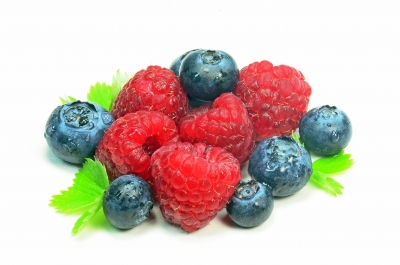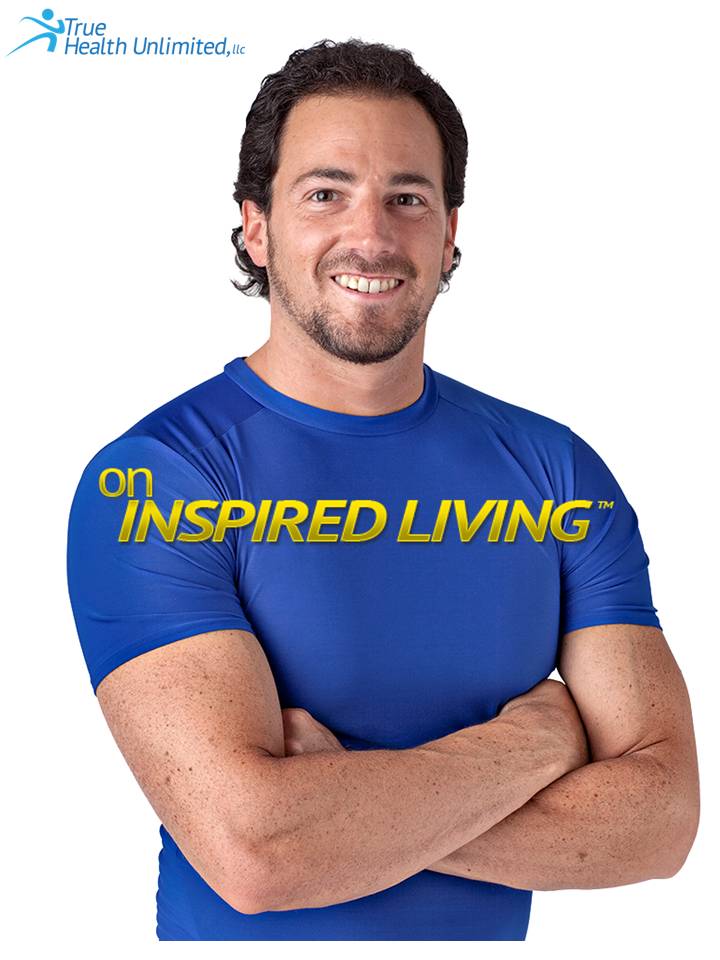With Memorial Day passing by, summer is on its way. This means it’s time to start thinking about the best ways to fuel your body to beat the outdoor heat. When it comes to fueling your body healthfully during the warmer seasons, the major focus is on keeping the body as cool as possible. In this article, you’ll discover 3 aspects of nutrition that will help keep you and your family cooler in the months ahead.
From a nutritional perspective, three important factors contribute to feeling better and cooler during activity in the heat.
The three factors are food, liquid, and the timing of food/liquid consumption.
1. The primary types of foods that are best for activity in the heat are carbohydrates (fruits, grains, & vegetables).

The reason carbohydrates are better for you than high protein and fat foods is because carbs are absorbed faster and easier than proteins and fats and they are the main fuel source for physical activity and exercise. High protein foods, on the other hand, may contribute to dehydration because high protein foods require more water for metabolism and this may compromise the body’s ability to cool down.
2. The best source of liquid for keeping the body cool during hot weather is water.
For some children, however, a little bit of Gatorade or tasty juice is suggested because children are more likely to drink flavored fluids. Gatorade, however, does not provide an energetic advantage over water unless you plan to exercise for prolonged periods of time in the heat (more than one or two hours).

For adults, the average daily intake of water is about 2.5 L (or about 5 small Poland Spring bottles). Most people do not know that almost half of their water intake (~1.0 L) comes from the water within foods. As a result, people tend to over drink water and other fluids thinking they need to ingest more fluids than necessary. This is not a danger to the body under normal, healthy conditions.
During activity in the heat, however, liquid intake needs to increase to prevent the body from experiencing any of several heat related illnesses. In fact, physical exertion in the heat can increase liquid demands up to 6 times! And, for those who like to shed pounds in the heat, please note that one pound of weight loss after exercise is equal to ~ 15 fluid ounces of dehydration (~ 1 small Poland Spring water bottle).
3. Lastly, it’s important to understand how the timing of food and liquid intake can affect your ability to stay active in the heat. In order to provide the body sufficient fuel for activity, it’s been suggested to consume carbohydrates at least a couple hours before exercise. During exercise in the heat, about ¼ liter of water (1/2 a Poland Spring bottle) is suggested every 15-20 minutes.
Help your friends and family – forward this post to them.
Not Yet a Subscriber?
Sign-up Free Today!





5 replies on “Beat the Heat with Smart Nutrition”
What do you think about Pure Coconut water? I drink the Vitacoco or O.N.E. brand before and during my Turbo Classes and I can tell a difference.
Hey Mande,
Great question. The key to feeling different or potentially having a boost of with coconut milk or a related product lies within MCTs (Medium Chain Triacylglycerols). MCTs are a form of fat within coconut milk that is unique because they are absorbed at a faster rate than other types of fat or protein. This is because MCTs do not require as many metabolic steps of digestion and absorption – such as the need for bile, which is an emulsifier that breaks down fat for absorption in the small intestine. Therefore, any type of coconut milk/drink will provide a relatively quick boost of energy. In fact, as a side note, folks who suffer from digestive disorders like irritable bowel diseases are often encouraged to include coconut milk as part of their diet since it is digested and absorbed quickly without triggering digestive issues that often result from consuming other types of fats or proteins.
Thanks! You are a wealth of knowledge!
Thanks Mande. For additional information on some of the healthiest available options on the market today for snacks that boost energy – including chips & crackers, dips, health bars, popcorn & pretzels, frozen yogurt & ice cream as well as pre-structured lean body diet plans, weight loss plans, and more, you might like this new Y.E.S. – Your Eating Solution workbook linked here. http://www.truehealthunlimited.com/product_review_2.html
Major lover from this page, lots of your blog posts have definitely helped me out. Looking forward to more!